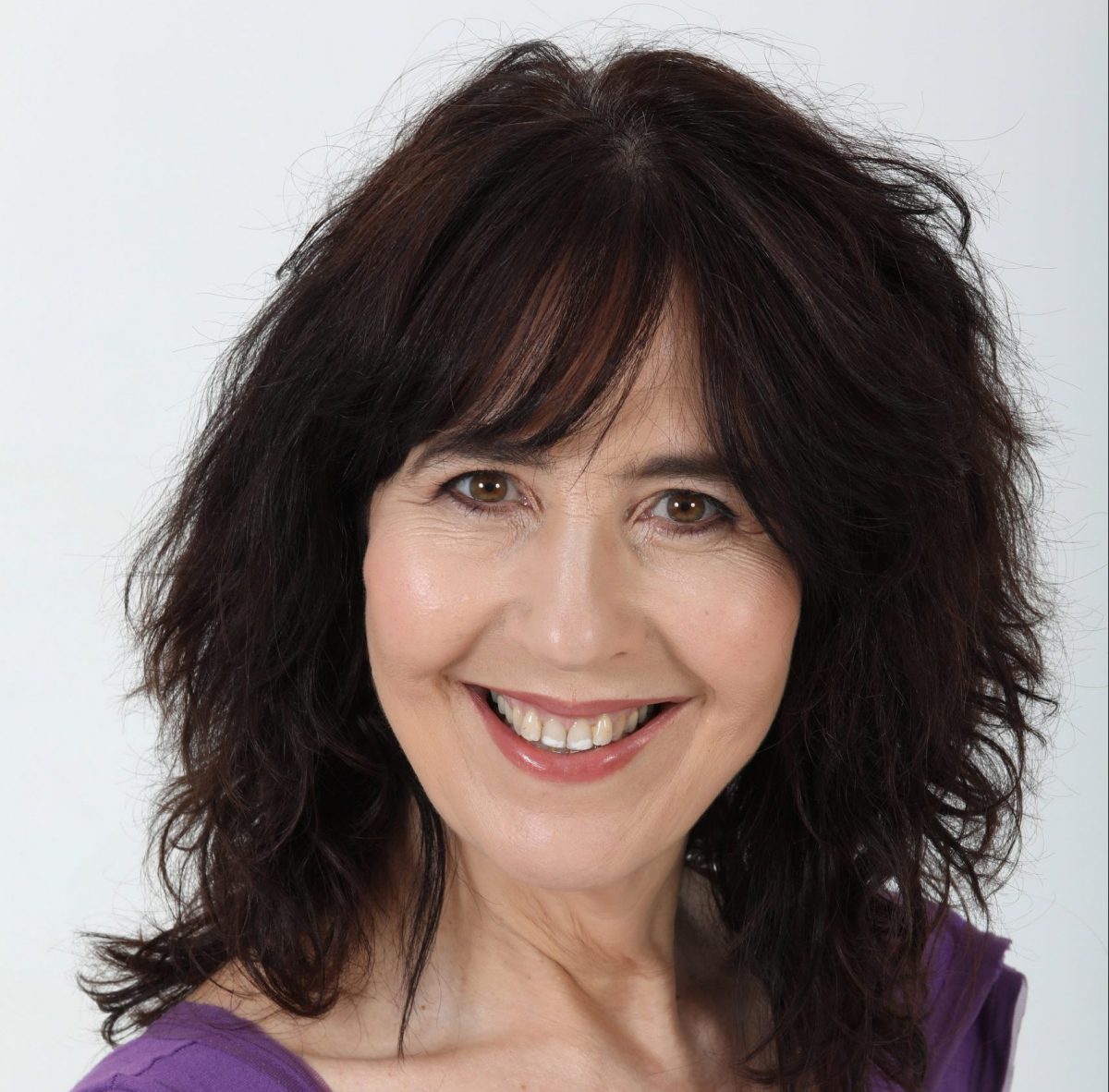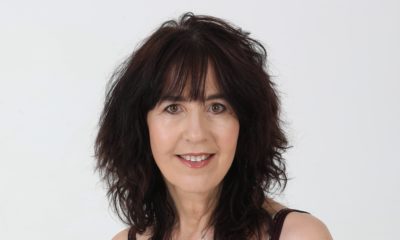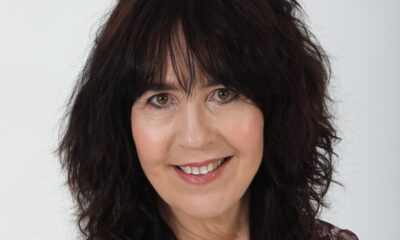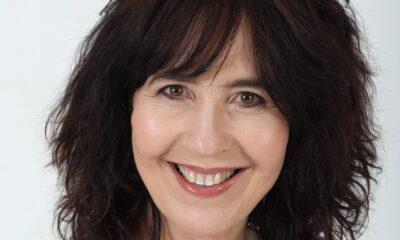
The Jewish Report Editorial

Light through the darkness
When I hear that Jewish people outside of South Africa feel sorry for us as they believe we’re all miserable, negative, and our lives are awful, I’d like to send them a snapshot of a day at Limmud last weekend.
If I could, it would be of so many Jewish people from all walks of life interacting, sharing experiences, and learning new things. I saw more genuine smiles in one weekend than I had seen in a long time. I also felt myself smiling much more than usual.
It was obvious how integrated our community actually is, even though there were only 800 people there, and in spite of having differing views on so many things, we all like being together.
What a pleasure it is to dine with strangers, who become friends before the end of the meal! I know I have made this analogy before, but as a product of Jewish youth movements, Limmud is for me like mini-machaneh for adults and children.
It’s clear that we have a thirst for knowledge, and love socialising within our community.
A couple I spoke to while there, who hadn’t been to Limmud before, said they couldn’t believe what they had been missing and how special it was to be a part of it. They also realised, not having spent time within the community they grew up in for years, how much they loved being a part of it.
I heard many presentations, but it was Yael Sherer who blew me away. For obvious reasons, I chose to write a piece on her (see page 5).
Sherer was sexually abused by her father when she was but a girl. And only when she was 13 did she discover that it wasn’t something little girls are meant to experience. As her life spiralled downward, she turned to alcohol, became anorexic, and was so full of anger, hate, and such severe pain that she chased away anyone who might care for her.
In her talk, she kept saying that she wasn’t a nice person. The kind of pain we experience when a parent – one of the two people we’re born to trust to love and protect us from any harm – sexually abuses us is unimaginable for most of us. It defies humanity and the way life is meant to be.
It doesn’t take much to realise that all of Sherer’s teenage behaviour was about her abject pain, powerlessness, and a scream for help. It took a lawyer, whom she also describes as “not a nice person”, who made her realise she could take back her own power. And she did.
But Sherer didn’t just take back her own power, she has since spent her life reclaiming the power of every sexually abused person in Israel. She hasn’t stopped fighting, making deals, and smoothing the paths for people who have endured the worst kind of power theft – rape or sexual abuse.
The list of feats Sherer has achieved goes on and on. She has managed to get politicians and government officials, who appear not to give a damn about the rights of women, let alone those who have been abused, to do remarkable things for them.
As she put it, popularity and getting votes is what politicians need, so she plays to that. She also knows that the real power behind the politicians is the heads of government departments, so she ensures that they are party to the decisions and meetings with politicians.
My point is, Sherer’s healing has become a national healing. She has turned her pain into the salvation of others who might have such pain, and those who could possibly still be faced with it.
It takes a unique individual to turn their agony into fighting pain or potential pain for everyone.
And so, she came to South Africa and could easily have spoken at Limmud and left, but that’s not who this woman is. She spent her time here going from meeting to meeting. When we spoke, she couldn’t even count the number of non-governmental organisations (NGOs) she had already met.
And in every meeting, she offered to do what she could to make a difference, while at the same time learning what she could to assist those in Israel. She built vital bridges between South African NGOs and those in Israel, with the idea of working together.
For her, the way to deal with change is through the government.
For someone like Rabbi Gideon Pogrund, the founding director for the Centre for Business Ethics at the Gordon Institute of Business Science, change will come through business’s fight against corruption. As we know, we’re excellent at complaining about corruption, but Pogrund has tackled it head on and with the full support of South Africa’s chief justice, Raymond Zondo (see page 1).
Pogrund has launched a guide for business to follow to root out the rot in our country. Unfortunately, we don’t have much control over what the African National Congress government does in terms of ruling out corruption, so this is a fine alternative. It also has a much better chance of success.
I love that a rabbi is behind it all. It’s a seriously bold and brave move on his part. What a positive and uplifting initiative at a time when our community is feeling beleaguered!
And if it wasn’t enough to launch the guide, he has set in motion an anti-corruption coalition at the same time. I imagine this team will ensure that the guide is followed and that corruption is rooted out bit by bit.
People like Sherer and Pogrund are leading the way for all of us. They are fine examples of how to take a bad situation and make it better. They are able to see through the darkness find the light.
So, too, were all those happy people this last weekend at Limmud.
Shabbat Shalom!
Peta Krost
Editor










